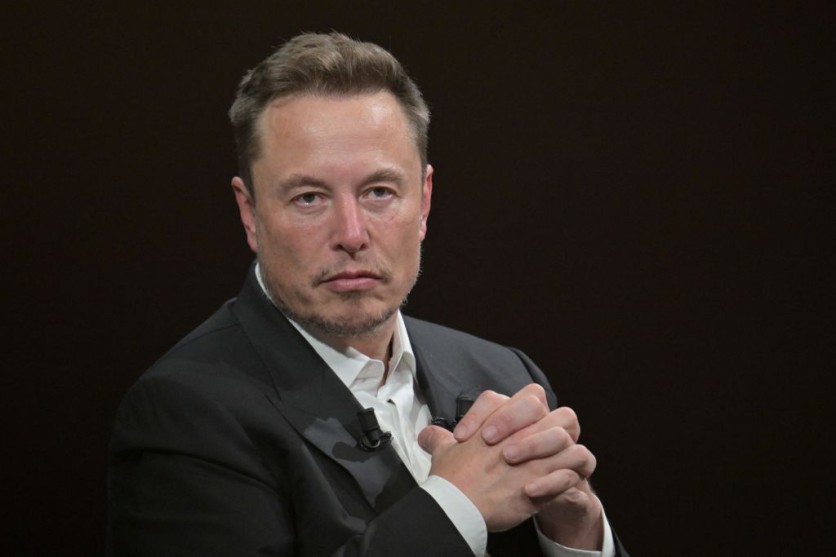After receiving complaints from the Auschwitz Museum, Twitter's X, now known as Twitter, came under fire for deleting a message that denied the Holocaust, raising concerns about the difficulties encountered by internet platforms in monitoring hate speech and misinformation.

The Twitter Incident
The validity of the Holocaust and the usage of anti-Semitic stereotypes were attacked in a post by a user on the social networking site X that claimed to not violate its rules.
The message was attacked for its content even though it seemed to be in reaction to a tweet from the Auschwitz Museum. The user later explained, however, that Holocaust denial is expressly forbidden by X's content regulations, and the platform has reiterated this.
The damage caused by the post's content escalated further.
Read Also : Facebook Bans Holocaust Denial to Further Campaign Against Hate Speech - But Why Only Now?
History's Darker Times
Over 1.1 million Jews were brutally murdered at the Auschwitz concentration camp in Poland, which serves as a symbol of the Holocaust. Over 200,000 of the victims were children and teenagers.
X was first criticized for not taking prompt action to remove the inflammatory message, but after pressure from the Auschwitz Museum, it changed its position. Holocaust denial is expressly forbidden under the platform's content regulations, which have been reiterated in light of the atrocities of the Holocaust.
Raising Concern
An offensive answer from X was reported to the Memorial and Museum Auschwitz-Birkenau, which was at first mistakenly attributed to the review procedure.
The website changed its position, raised the problem, and deleted the offensive material. The denial of horrific historical events, such as the Holocaust, terrorism, school shootings, and natural catastrophes, is prohibited under X's policies.
Elon's Lackluster Policies
X's content moderation efforts have come under fire for not making enough progress despite having a zero-tolerance policy for unlawful content and removing advertisements from objectionable material.
Anti-Semitic posts have increased, according to research by the Institute for Strategic Dialogue, while the Centre for Countering Digital Hate discovered that the majority of such remarks go unanswered. Elon Musk's takeover of the company has sparked controversy since he asserts that hate speech has dropped.
However, the BBC Monitoring team's investigation revealed that several restored identities-including the account of the creator of a neo-Nazi website-promoted hatred and violence, casting doubt on the platform's decision-making procedure for enabling the reinstatement of banned accounts.
The platform's attorney criticized the study as unfounded, but the public debate surrounding online hate speech remains a significant worry. X Corp is suing CCDH for its critical research results, which it claims are "inflammatory, misleading, and unsupported claims."
According to X, it's critical to strike a balance between user safety from hazardous information and an open and welcoming place for dialogue.
Related Article : Model Elizabeth Pipko Enters the World of Tech with New Global Holocaust Remembrance Project Utilizing Decentralized Technology

ⓒ 2026 TECHTIMES.com All rights reserved. Do not reproduce without permission.




